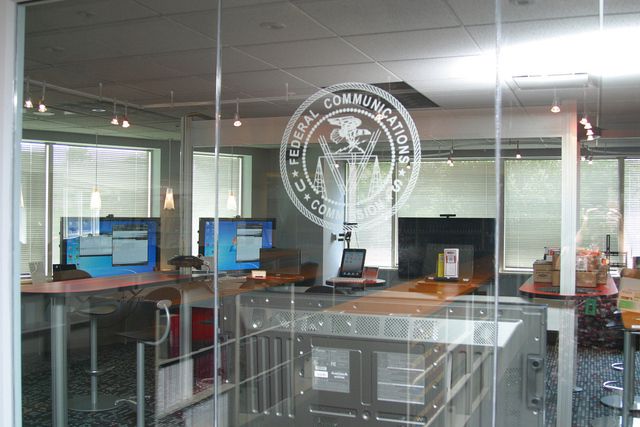T-Mobile’s Un-carrier philosophy isn’t just about creating competitive offers and remove pain points for customers. It’s also doing what it can to change the telecoms landscape to make it fairer and not so skewed towards the big two carriers. As much is made clear in a recent blog post by the company’s VP of Federal Regulatory Affairs, Kathleen Ham. A post in which she acknowledges the great moves made by the FCC already this year, she asks for further changes to be made.
In a petition to the FCC, T-Mobile asks that the regulators reconsider the amount of reserve in the upcoming 600MHz auction to ensure that Verizon and AT&T don’t walk away with the lion’s share:
In particular, T-Mobile has asked the FCC to increase the size of the “reserve” so that no matter how much spectrum is up for sale, at least 50 percent of it will be held in reserve for competitors with little or no low-band spectrum in that market. (By the way, that would include AT&T and Verizon in many markets). This change is critical to guarantee enough “reserve” spectrum to sustain four strong national carriers into the future as the FCC has said is important. As the rules stand now, AT&T and Verizon, which already hold nearly three-quarters of all wireless low-band spectrum in the United States, are guaranteed access to an unreserved 40 MHz of spectrum in the 600 MHz auction. And it does not take too much analysis to quickly conclude that AT&T and Verizon can easily split the available 40 MHz evenly between them, which will suppress bidding activity and decrease auction revenues for the U.S. Treasury.
Although this move would certainly benefit the smaller carriers the most, it will still benefit the two biggest carriers in some markets. But the problem with the current rules is that T-Mobile is unlikely to be able to compete with VZW and ATT financially when bidding for the unreserved spectrum. Meaning that it will only realistically be able to add airwaves from the smaller, reserved portion of available spectrum. And with the blocks of spectrum being quite small, it doesn’t give T-Mo a fair shot at building out a strong, reliable or fast enough network to compete with the two top carriers. Essentially helping them retain their positions as the duopoly of U.S. telecoms.
Undoubtedly, the other carriers will have their say and lobby against any potential changes if it harms them. Whether or not the Commission sees fit to change the rules is yet to be seen. But if it does stand for fair competition and a healthy market, it should at least consider T-Mobiles request.

